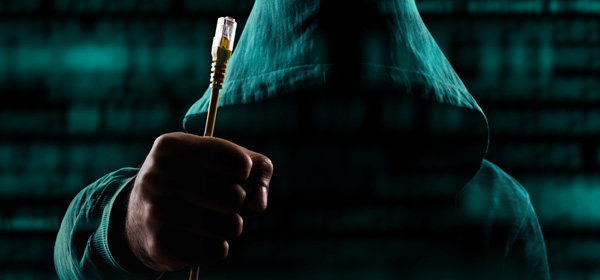Your internet connection allows you to interact with the world through your computer but if it is not secure, it can also become a hackers’ gateway for access to your personal or financial information.
When you decide to set up a new internet connection or connect to public wifi, it is important to make sure the connection is secure. This can be done in a few easy ways, and will ensure your device and its software are protected from external invasion. If you’re unsure about how to set up some of these features, ask your internet service provider to help you.
If you are using a home wifi network to connect to the internet:
- place a limit on the signal strength of the internet so that it cannot be accessed beyond the boundaries of your home
- create a strong password that is difficult to guess
- establish either a WPA (Wifi Protected Access) or WPA2 security standard
- prevent your internet network name from showing up on your neighbour’s devices by disabling SSID broadcasting.
If you are using a modem or router to connect to the internet:
- change the default administrator password when setting up the device to something only you know, since these default passwords are often publicly available online
- disable remote management on your modem or router to prevent the chance of unauthorised people gaining remote access to your device and tampering with it.
Safety tips for accessing public wifi:
- if you are in a café, hotel or other public space and wish to use the wifi, confirm the name of the network with an authorised person before attempting to connect – occasionally, cyber criminals set up rouge networks with common names such as ‘Free Wi-Fi’ or ‘Public Wi-Fi’ to catch out unsuspecting people.
- ensure your firewall is turned on and your antivirus software is up to date
- prevent your device from automatically connecting to nearby public networks by changing your settings to manual or non-automatic mode
- disable File and Printer Sharing through the network or sharing settings on your device to prevent others using the same network from accessing your files
- do not do your banking, shopping or other financial transactions with a credit card while using public wifi.
You can read more at staysmartonline.gov.au
Related articles:
What to do if you’ve been hacked
Is banking on my phone safe?
Five ways to protect your online privacy

